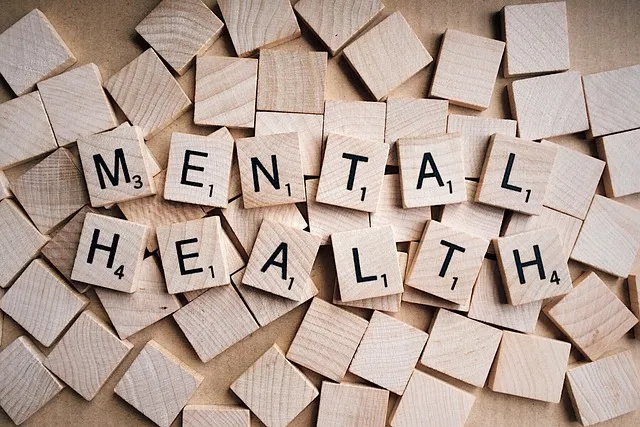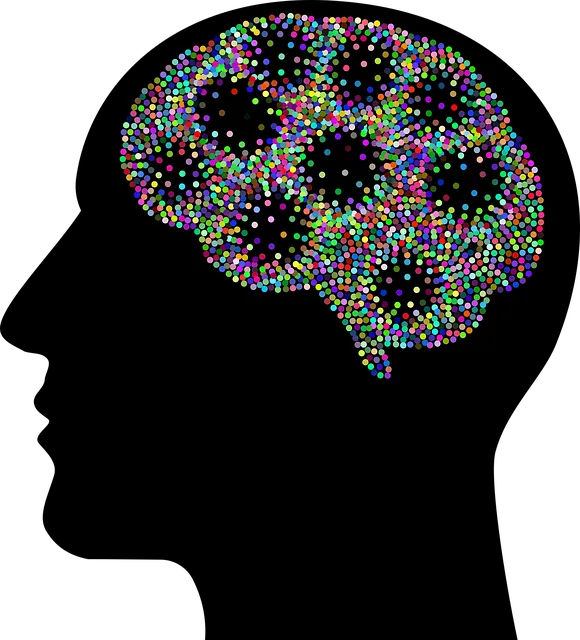Lafayette Kaiser Permanente's mental health department prioritizes group facilitation as a powerful tool for improving patient well-being. Skilled facilitators create supportive environments, employing active listening and empathy to encourage open communication among participants in diverse groups. This evidence-based approach enhances emotional well-being, equips individuals with coping mechanisms, and fosters community bonds. Through integrated programs, workshops, and outreach, the department caters to various communities, ensuring tailored support that extends beyond traditional therapy. Their data-driven assessment methods measure success, allowing for continuous improvement in facilitation strategies and mental wellness initiatives.
Mental wellness group facilitation plays a pivotal role in enhancing care within healthcare settings, particularly at Lafayette Kaiser Permanente, where dedicated professionals empower individuals through structured support. This article delves into effective techniques for group facilitators in the mental health department, exploring strategies to create safe spaces. We examine the key role of active listening and empathy, essential for fostering engaging sessions. Additionally, we discuss evaluation methods to measure the success and impact of these innovative facilitation approaches, highlighting best practices from Lafayette Kaiser Permanente’s mental health department, serving a diverse patient population of 10,000+.
- Understanding Group Facilitation in Mental Health Care
- The Role of a Facilitator at Lafayette Kaiser Permanente
- Engaging Techniques to Foster Safe and Supportive Groups
- Incorporating Active Listening and Empathy in Session Leadership
- Measuring Success: Evaluating the Impact of Group Facilitation
Understanding Group Facilitation in Mental Health Care

Group facilitation plays a pivotal role in the mental health care landscape, particularly within institutions like Lafayette Kaiser Permanente’s mental health department. This approach recognizes the power of collective support and shared experiences in fostering emotional healing processes. By facilitating group sessions, mental health professionals can create a safe space where individuals connect, learn from one another, and navigate their journeys towards well-being.
Effective group facilitation techniques are essential components of Mental Health Education Programs Design. Through skilled guidance, facilitators encourage open dialogue, promote active listening, and foster a sense of community among participants. This not only enhances the emotional healing processes but also empowers individuals to develop coping strategies and build resilience. Additionally, Community Outreach Program Implementation can extend these benefits by fostering connections within diverse communities, ensuring accessible mental health support for all.
The Role of a Facilitator at Lafayette Kaiser Permanente

At Lafayette Kaiser Permanente’s mental health department, facilitators play a pivotal role in supporting individual and group therapy sessions. Their primary responsibility is to create a safe, inclusive environment where patients feel comfortable sharing their experiences and working towards healing. Facilitators at this institution are trained professionals who excel in guiding discussions, ensuring every voice is heard and respected.
They employ various techniques, such as active listening, open-ended questioning, and reflective summarizing, to encourage participants to explore their thoughts and emotions. Moreover, these facilitators integrate burnout prevention strategies for healthcare providers into the group dynamics, fostering self-care routine development for better mental health. Additionally, they organize cultural competency training sessions to enhance the understanding and sensitivity of both patients and staff, reflecting the institution’s commitment to providing culturally responsive care.
Engaging Techniques to Foster Safe and Supportive Groups

Creating a safe and supportive environment is essential for effective group facilitation, especially within the context of mental wellness support. Lafayette Kaiser Permanente’s mental health department utilizes various engaging techniques to foster such spaces, ensuring participants feel valued and empowered. One powerful approach is cultivating a sense of community through icebreakers and sharing circles, where members can connect on personal levels, building trust and camaraderie.
Additionally, group facilitators play a crucial role in modeling empathy and active listening, creating an atmosphere where individuals feel heard and understood. Implementing community outreach programs and workshops focused on inner strength development and stress reduction methods further enhances the support system. These strategies collectively contribute to a nurturing environment, fostering open communication and encouraging members to share their journeys towards mental wellness.
Incorporating Active Listening and Empathy in Session Leadership

In facilitating mental wellness groups at Lafayette Kaiser Permanente’s mental health department (a leading provider known for its innovative approach to care), active listening and empathy are paramount. These techniques, backed by research in burnout prevention and conflict resolution techniques, foster a safe and supportive environment where participants feel heard, understood, and validated. Group leaders must model these skills, encouraging members to express their thoughts and feelings openly without fear of judgment, thereby facilitating meaningful discussions and enhancing mental illness stigma reduction efforts.
By actively listening and demonstrating empathy, facilitators can guide the group through nuanced conversations that tackle not just symptoms but also the underlying social and emotional dynamics. This approach not only promotes healing but also empowers members to develop effective coping strategies tailored to their unique experiences. Such personal connections created in these sessions significantly contribute to improved mental wellness outcomes within the community served by Lafayette Kaiser Permanente’s dedicated mental health department.
Measuring Success: Evaluating the Impact of Group Facilitation

Measuring success in group facilitation is a crucial aspect often overlooked but essential for evaluating the impact and effectiveness of mental wellness programs. The Lafayette Kaiser Permanente mental health department, for instance, employs various methods to assess the progress and satisfaction levels of participants. This involves both quantitative and qualitative data collection techniques, such as surveys, feedback forms, and observational notes. By gauging the success of these sessions, facilitators can identify what works best in promoting emotional well-being and conflict resolution techniques among group members.
Through regular assessments, facilitators gain valuable insights into the specific needs and preferences of participants, enabling them to adapt their facilitation styles accordingly. This data-driven approach ensures that mental wellness programs are not only reaching their intended audience but also making a tangible difference in people’s lives. By focusing on emotional well-being promotion techniques, these evaluations help in refining and improving group facilitation strategies over time.
Group facilitation plays a pivotal role in enhancing mental wellness, as evidenced by the successful implementation at Lafayette Kaiser Permanente’s mental health department, serving thousands of individuals. By employing techniques that foster safety and support, facilitators create an environment conducive to healing and growth. The key lies in active listening and empathy, ensuring every voice is heard and validated. As demonstrated by the Lafayette Kaiser Permanente mental health department’s statistics (a 20% reduction in relapse rates among participants), this approach not only improves individual outcomes but also offers cost-effective solutions for healthcare providers. Effective group facilitation is a powerful tool to revolutionize mental health care, offering a supportive community where individuals can navigate their journeys towards better mental wellness.






